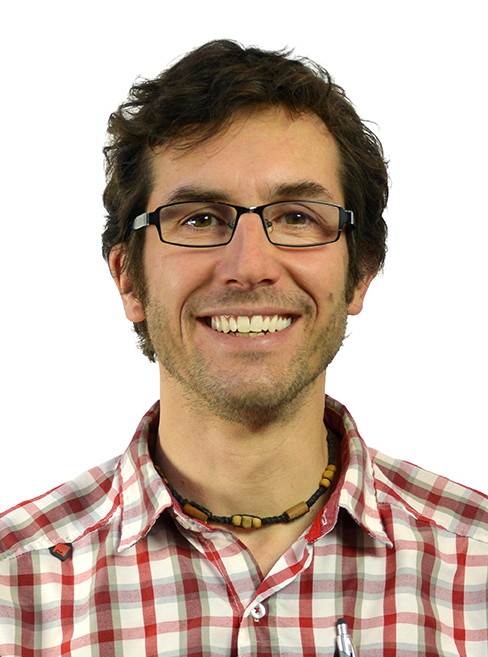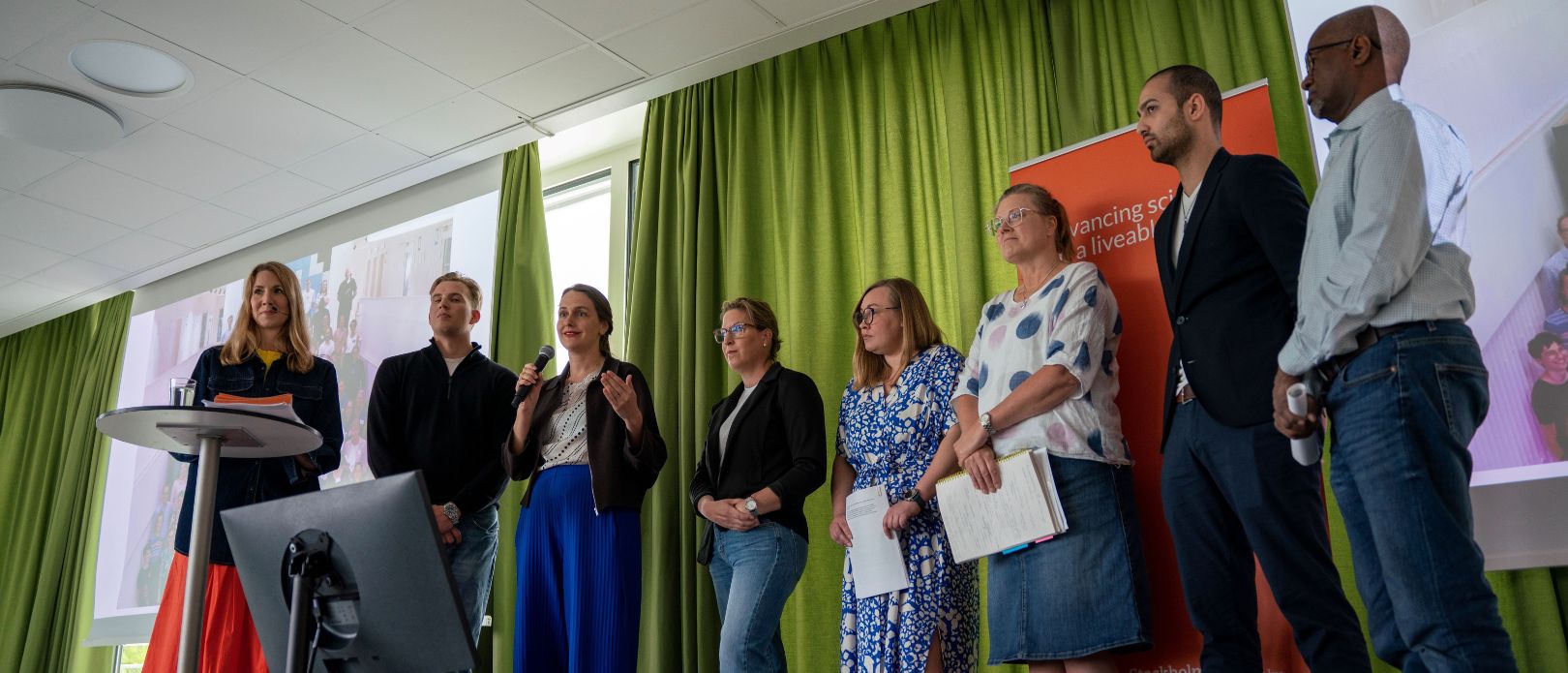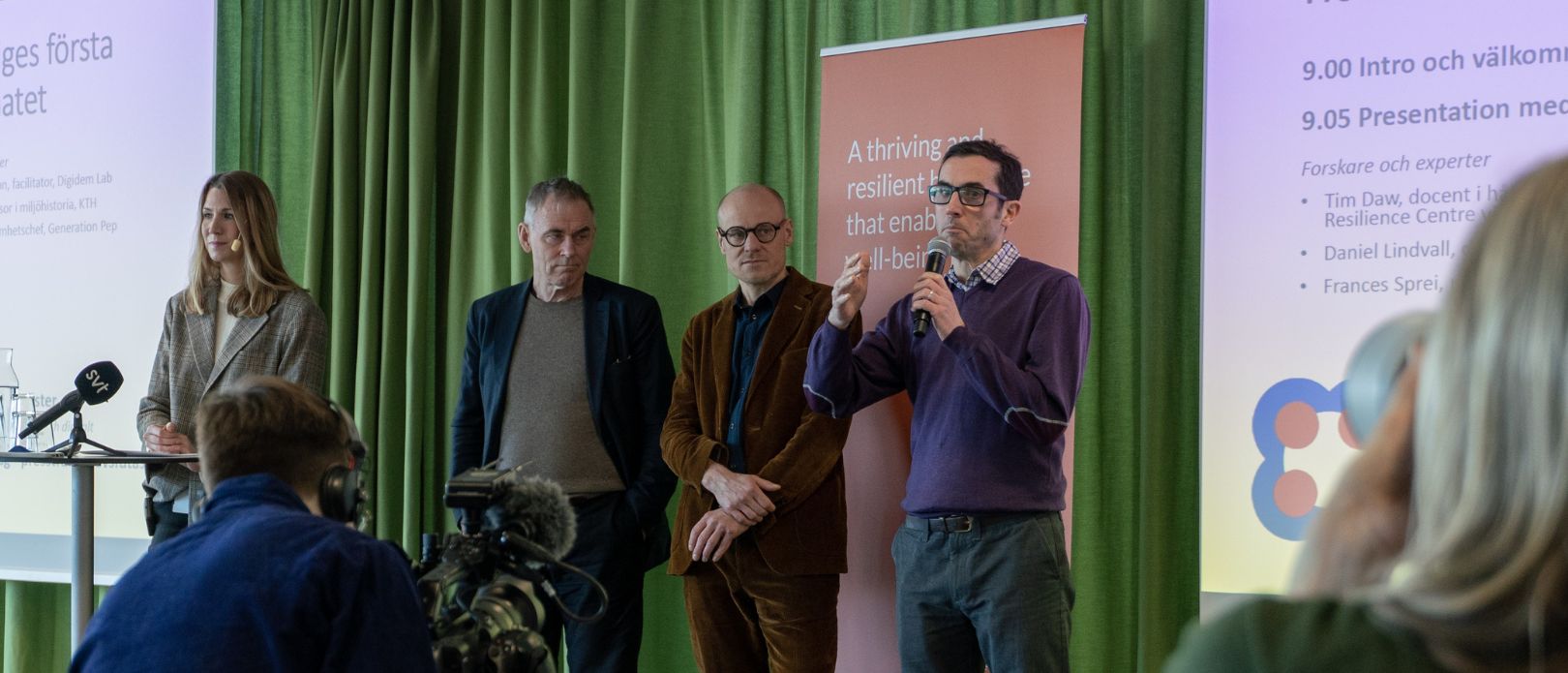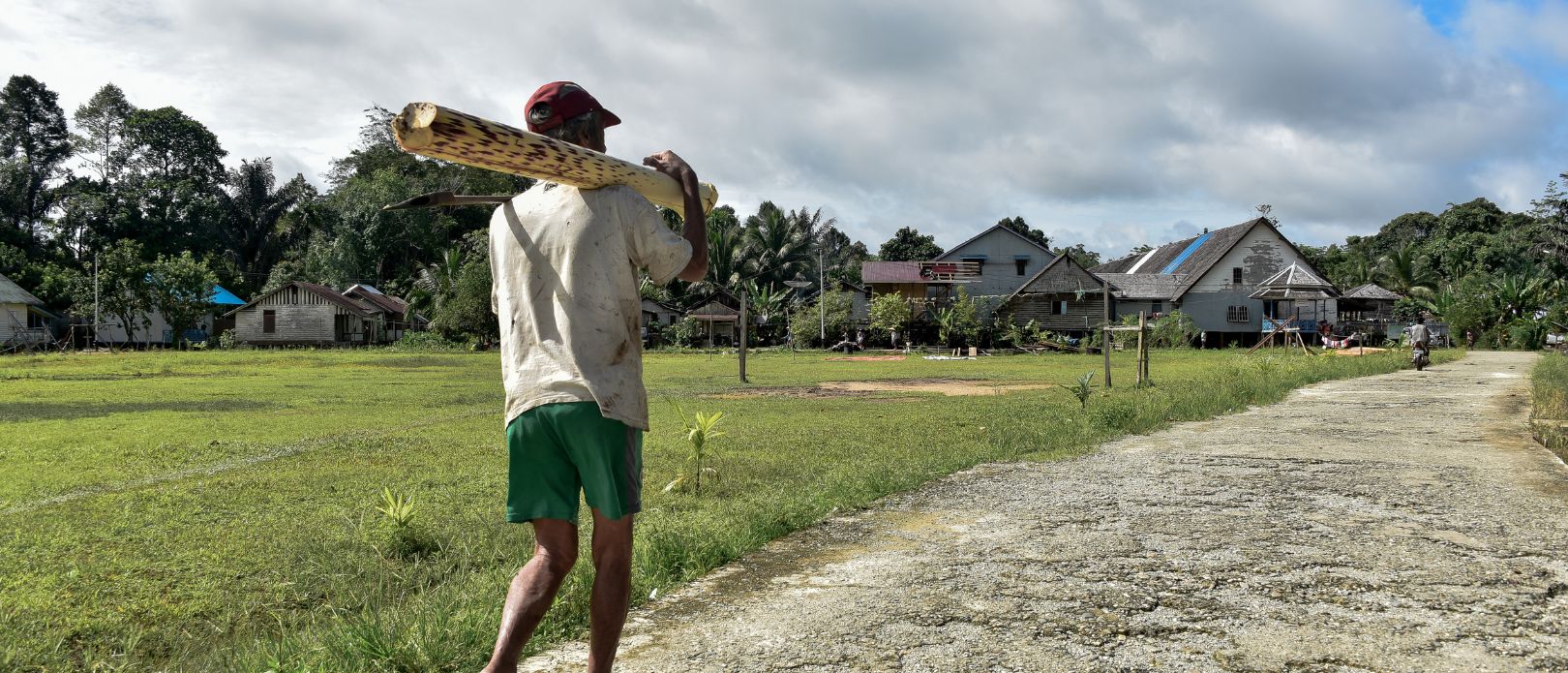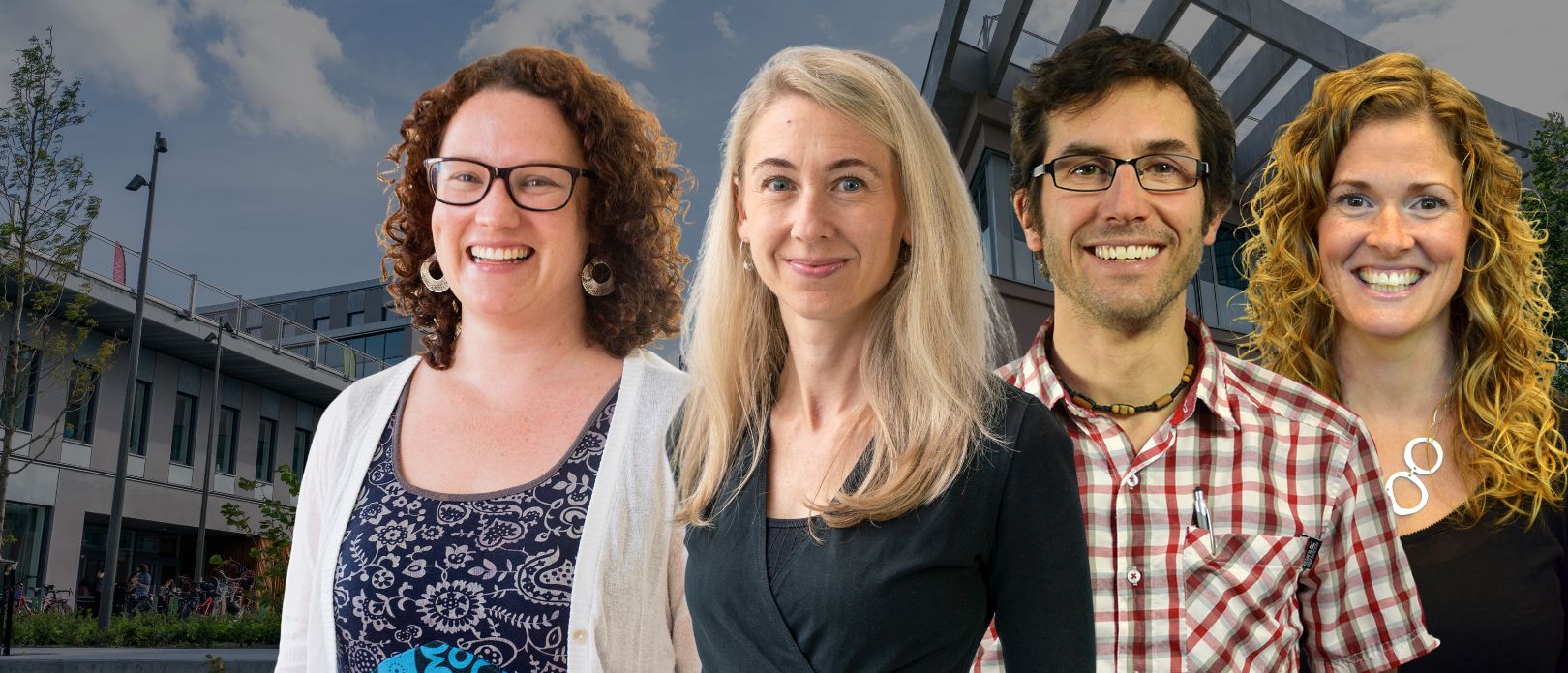Tim
Daw
PhD
Associate professor, principal researcher
+46 8-674 7155
Twitter-link
RSS-link
- Ecosystem services
- Human wellbeing
- Deliberative democracy
- Participatory modelling, gaming and interactive learning
- Fisheries and coastal resources
Tim Daw studies the ecosystem contributions to human wellbeing, and the role of deliberation in governing sustainable development
Daw's speciality is in coastal systems in the Global South, their governance, the ecosystem services they provide, and how these contribute to people’s wellbeing.
His research approach is collaborative and transdisciplinary, drawing on his training in marine biology, coastal management and political science and international collaboration with organisations and scientists from disciplines including ecology, economics, sociology, development studies, politics and drama. He collaborates with a range of government and non-government colleagues and international organisations such as FAO, UNDP and the WorldFish Centre.
Daw has an interest in innovative methodologies to support transdisciplinary research and sustainable innovation. He has used interactive workshops, participatory scenarios, gaming and modelling to collaboratively analyse coastal resource systems with a range of stakeholders from artisanal fishers to government decision makers.
His ‘Kazyeopoly’ fishing game based on the Seychelles trap fishery, has been used for teaching and discussions with fishers and fisheries managers. Daw is currently working on projects drawing on applied drama and theatre, and deliberative mini-publics of randomly selected citizens.
Originally trained as a marine biologist, Daw developed his transdisciplinary approach through practical conservation and fisheries management experience, an MSc in coastal management, and a PhD that straddled marine and political science (How fishers' count: engaging with fishers' knowledge for fisheries science and management).
Until he consolidated his time at SRC in 2013, Daw was senior lecturer in Natural Resources and International Development at the University of East Anglia's School of International Development, teaching and supervising students on environment and development.
From 2013-2017 Daw led the international research project, Sustainable Poverty Alleviation from Coastal Ecosystem Services (SPACES) to empirically investigate how coastal ecosystems contribute to people’s wellbeing. SPACES used social and natural science fieldwork and analysis as well as participatory workshops and dialogues to disseminate findings and co-create potential solutions. SPACES was funded by the UK Ecosystem Services for Poverty Alleviation (ESPA) Program and built on the previous Participatory Modelling of Wellbeing Trade-offs in Coastal Kenya (P-mowtick) project. P-mowtick combined ecosystem modelling, wellbeing analysis and participatory models and scenarios to explore ‘taboo trade-offs’ in the wellbeing of poor coastal stakeholders under different development scenarios
Daw teaches research ethics, ecosystem services and statistical thinking on SRC’s Masters course on Social-Ecological Resilience for Sustainable Development, and leads Unit 1 ‘The Biosphere and humankind’ on SRC’s new course Sustainability Science 1.
Daw has taught in 1st, 2nd and 3rd cycle teaching and supervision, and has trained and mentored colleagues outside of university contexts. His teaching approach draws on research experience, pedagogic training and experience in facilitation. He encourages active engagement amongst students aiming to give them experiential learning opportunities using real-world examples.
Selected research projects:
- Reconciling energy-forest-climate conflicts and understandings (REFoCUs): deliberative research across scientific, stakeholder and citizen perspectives. Daw leads a transdisciplinary network of researchers and stakeholders promoting deliberative democracy innovations to address the contested debate on the sustainable use of Swedish forests. With Andrea Downing, Thomas Hahn and Grace Wong at SRC and colleagues at Dept of Political Sciences at SU, Sveriges Lantbruksuniversitet (SLU), Uppsala University, Chalmers University and Abo Akademi in Finland.
- Explorative Inter-Action in Higher Education for Sustainability. Led by Eva Österlind at Dpt. of Humanities and Social Sciences Education in collaboration with Miriam Huitric at SRC and Tony Wall at Chester University, UK.
This project draws together a network of educators to explores the role of applied drama and theatre approaches to support higher education about sustainability. - Octopus & People In Novel Transdisciplinary Simulations: Investigating Sustainability and Resilience of Small-scale Fisheries Interventions (OCTOPINTS), led by Emilie Lindqvist at SRC.
This project explores the sustainability and outcomes of a community-based fisheries management intervention in Zanzibar and the Western Indian Ocean. We use a novel combination of participatory fieldwork and agent-based modelling. - Forum theatre to enhance joint agency in Kenya and Mozambique: towards relational understandings of climate change (FoRel), Led by Maria Mancilla Garcia at SRC, in collaboration with Eduardo Mondlane University, Mozambique, Pwani University and Wildlife Conservation Society in Kenya. .
FoRel takes a relational approach and forum theatre to co-create understandings of how climate and broader changes impact the lives of people in coastal Kenya and Mozambique and how they can respond. - Nature's contribution to poverty alleviation, human wellbeing and the SDGs (Nature4SDGs), Daw is co-PI with Kate Schreckenberg at Kings College London, UK and Sharad Lele at the Ashoka Trust for Research in Ecology & the Environment (ATREE). .
Nature4SDGs has compiled and analysed data on multidimensional human wellbeing and benefits from ecosystem services, from over 200 communities in ten countries from the Global South. - Sustainable development in the Ganga delta (SDGΔ), Led by Robert Nichols, Southampton University, UK. Daw is co-PI along with Prof Sugata Hazra, Jadavpur University, Kolkata, India.
This international collaboration has drawn on empirical studies to build an integrated model of land-use, water, poverty-alleviation and natural ecosystems in the Indian Sundarbans delta. In collaboration with key stakeholders the project aims to understand future development scenarios under the influence of climate change and trade-offs in the achievement of the sustainable development goals.
